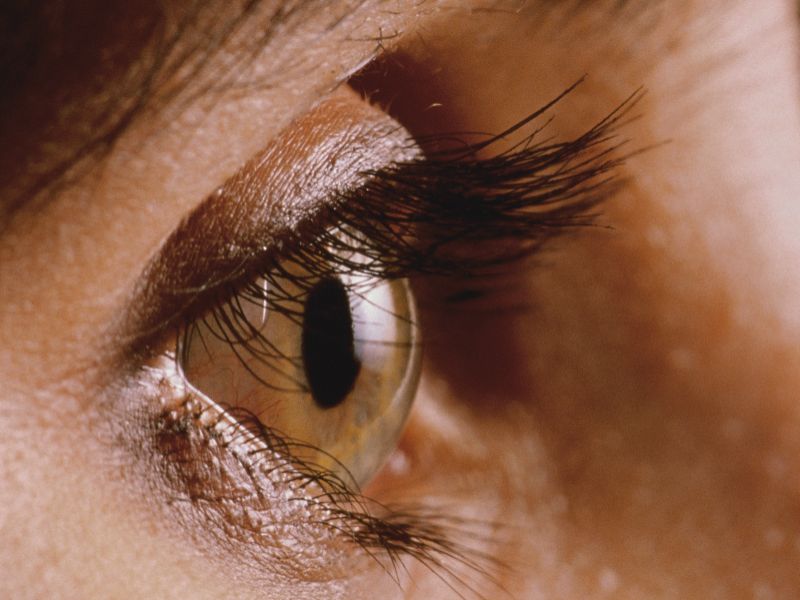Get Healthy!

- Robert Preidt
- Posted October 15, 2019
Bladder Drug Can Cause Eye Damage: Study
The widely used bladder drug Elmiron may cause eye damage, a new study claims.
A report released last year suggested that the drug -- known as pentosan polysulfate sodium and used by hundreds of thousands of people for decades -- may be toxic to the retina, the light-sensing tissue at the back of the eye.
That led researchers to examine a database of 4.3 million patients at Kaiser Permanente in Northern California.
The three Kaiser Permanente ophthalmologists who conducted the study identified 140 patients who'd taken an average of 5,000 pills each over 15 years. Of those 140 patients, 91 agreed to an exam, and the researchers took detailed images of the back of their eyes.
Twenty-two of the 91 patients showed clear signs of Elmiron toxicity. The rate of toxicity rose with the amount of Elmiron taken, from 11% of those taking 500 to 1,000 grams to 42% of those taking 1,500 grams or more.
The findings showed that about one-quarter of patients who'd taken large amounts of Elmiron had clear signs of eye damage, and that damage caused by the drug could be mistaken for other retinal conditions, such as age-related macular degeneration or pattern dystrophy.
Elmiron is the only drug approved in the United States to treat interstitial cystitis, which causes chronic pain in the bladder and pelvis area. It's estimated that more than 1 million people in the United States, mostly women, have the condition.
"It's unfortunate. You have a patient with a chronic condition like interstitial cystitis, for which there is no cure and no effective treatment. They get put on these medications because it's thought to have few side effects and few risks, and no one thinks about it again. And year after year, the number of pills they're taking goes up and up," study author Dr. Robin Vora said in an American Academy of Ophthalmology (AAO) news release.
It's unclear how much Elmiron is too much, so patients who show no signs of toxicity should be screened for retinal damage at least once a year, Vora said.
Those who do have signs of eye damage should speak with their urologist or ob/gyn about discontinuing the medication, he advised.
If it's identified early, the eye damage caused by Elmiron may be limited by stopping the medication, according to the researchers.
The research was to be presented Oct. 12 at the annual meeting of the AAO, in San Francisco. Findings presented at scientific meetings should be considered preliminary until published in a peer-reviewed journal.
More information
The U.S. National Eye Institute offers advice on eye health.
SOURCE: American Academy of Ophthalmology, news release, Oct. 12, 2019
